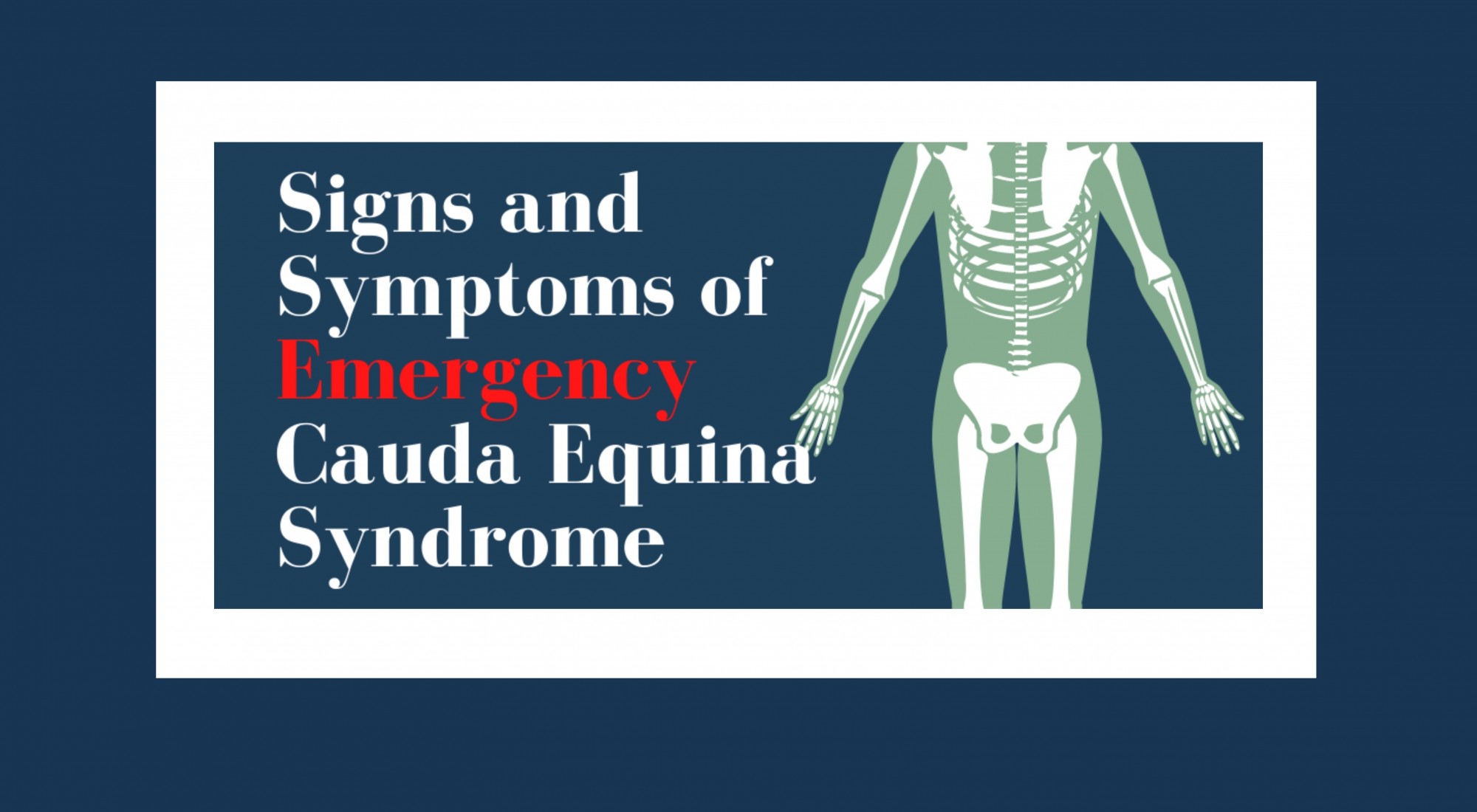
Cauda Equina – What to look for and how we can help - written by Marina Nkondi - Paralegal in Clinical Negligence
Cauda Equina – What to look for and how we can help
Lower back pain is very common in adults and can usually be managed at home. However, in rare cases severe lower back pain can be cause for concern, especially where urgent surgical intervention is required, as is the case for Cauda Equina Syndrome (CES).
From January 2008 to December 2018, NHS Resolution received 827 claims for incidents of CES. Whilst CES is a rare condition, it has a high medico-legal profile. 65% of CES claims involve Claimants who are aged between 31-50 years of age. CES can also occur in children who suffer from spinal birth defect or have a spinal injury.
What is CES:
CES is essentially a nerve root problem, it occurs where there is pressure on the nerves at the bottom of the spinal cord. The bundle of lumbar and sacral spinal nerves at the bottom of the spinal cord is called cauda equina. These nerves send and receive messages to and from your legs, feet and pelvic organs.
Urgent surgical intervention is required to prevent lasting damage, usually within 24-48 hours once the nerve compression has occurred.
Causes of CES:
Cauda equina syndrome can result from a ruptured disc in the lower back, a narrowing of the spinal canal, a spinal tumour, fracture, haemorrhage or infection. It can also result from a trauma such as a car accident, gunshot wound, a stabbing or a fall. The patient’s vertebral discs prolapse and compress the nerves descending from the end of the spinal cord (the cauda equina)
What to Look out For?
If you are suffering with the following symptoms, you should urgently attend an Accident and Emergency Unit or see your GP for a referral:
- Severe lower back pain
- Saddle anaesthesia: this is a loss of or altered sensation in your legs, buttocks, inner thighs, back of legs or feet. The feeling usually will worsen.
- Problems with bowel and bladder functions, such as trouble eliminating urine or waste (retention) or trouble holding it (incontinence)
- Sexual dysfunction that comes on suddenly
It may be hard to diagnose CES as the above symptoms may vary or come on slowly and symptoms for CES also mimic other conditions. An MRI scan or CT scan will usually confirm CES. If CES is not treated, it can cause lasting nerve damage and paralysis and increases the risk of long-term bladder, bowel and bladder problems.
Therefore a delay in diagnosis can be life changing.
How We Can Help
Claims relating to CES arise due to the failure or delay to properly diagnose the condition. Clients are often devastated by the emotional toll this can take on their lives. If you would like more information or to discuss this further, please give us a call on 0161 873 2788 or email in at hello@clearlawonline.co.uk



